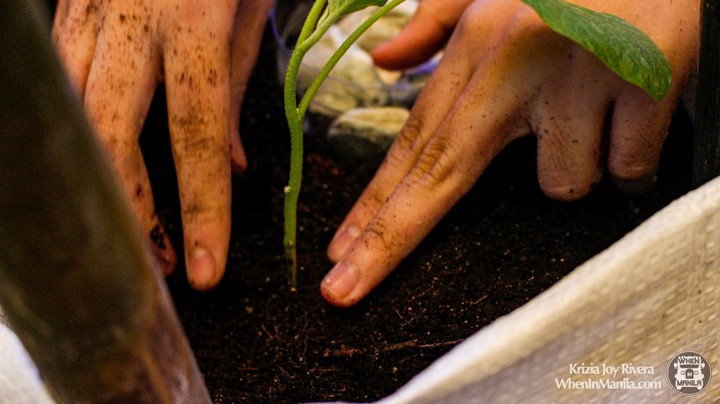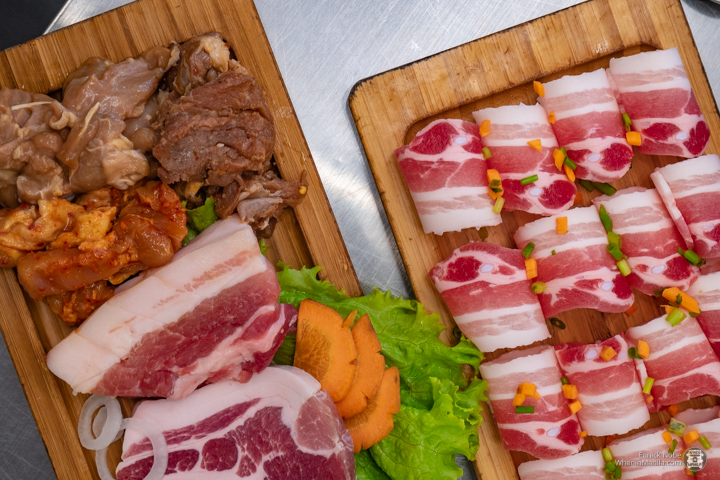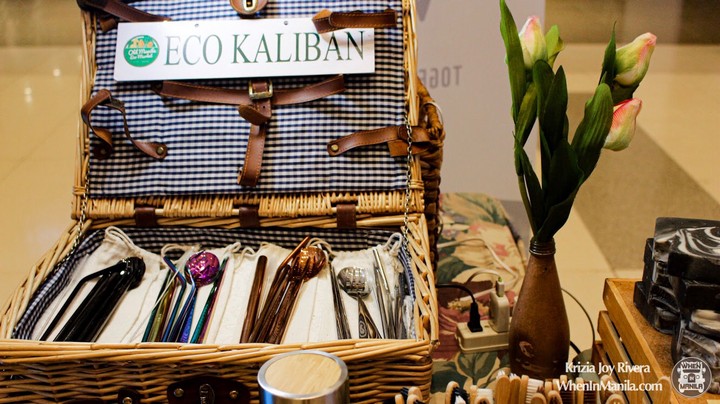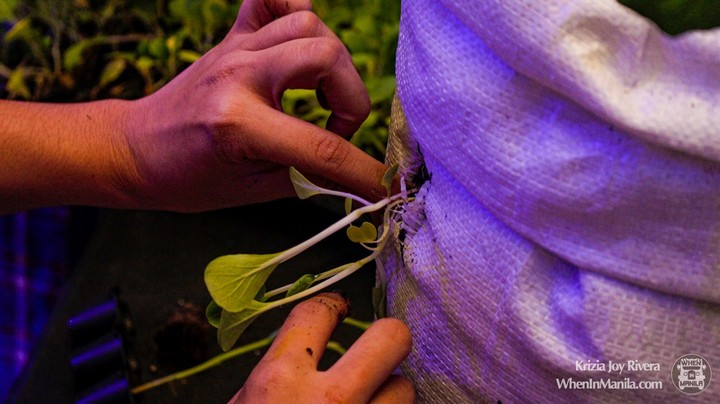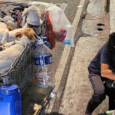Written by April Felicia C. Fojas
Photographs by Krizia Joy Rivera
In case you didn’t already know, the UN has projected that the world’s population by the year 2050 will be at around 10 billion. Ten. Freaking. Billion. And with the state the world is in now, it’ll put greater stress on us and our planet to provide all 10 billion of us with food.
Last October, we celebrated World Food Day with the World Wild Fund for Nature-Philippines at Ayala Malls Manila Bay. They talked about their different advocacies and projects mainly focusing on food security and sustainability. Needless to say, I learned a. lot. And I thought to share these things with you because THEY NEED TO BE HEARD.
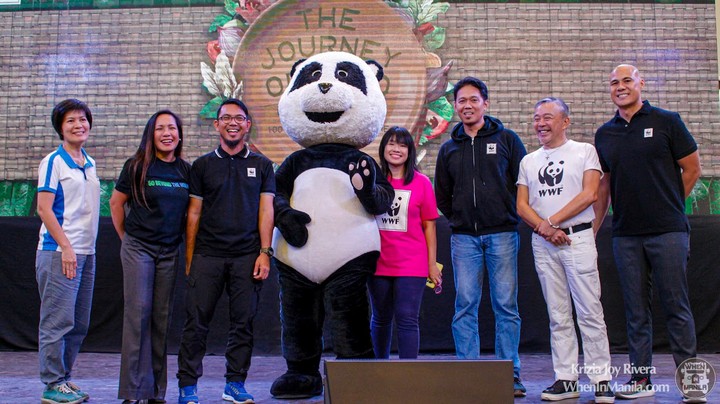
Climate change. I think we all know or at least are familiar with the concept of climate change. What most people don’t realize is that we’re now facing a climate crisis. That’s right guys, a crisis. The thing is, some people don’t acknowledge that it’s a crisis because they feel like they aren’t directly affected by it. And when people feel like they aren’t directly affected by something, they don’t act.
ALSO READ: WWF & BPI’s Climate Change Impacts Study for Philippine Cities
Here are the facts: by 2050, the projected population will be at 10 billion. Which means 10 billion mouths will need to be fed. But to feed 10 billion people we would have to produce MASSIVE amounts of food compared to how much we’re already producing today. Our planet won’t be able to provide people with enough food at our current rate, especially without making some changes. What you need to understand is that if we want to be able to sustain ourselves by the time 2050 comes, we have to do something, and we should start doing it NOW. How? Well, here are some simple solutions that you could do to help change our situation:
7. Eat and buy local
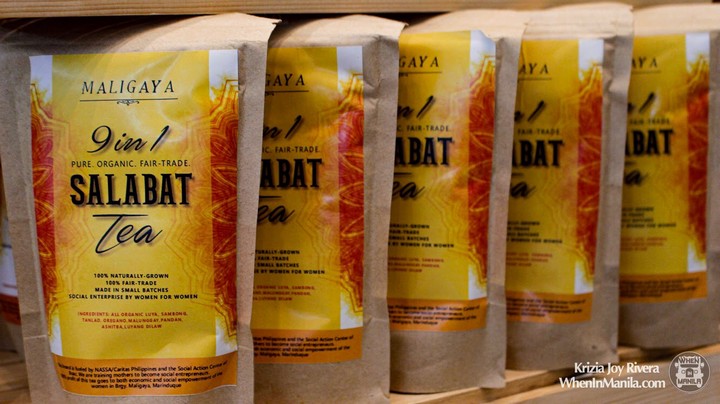
Support your roots, especially our small businesses, farmers, and fishermen. They are usually the ones putting in hard work to put food onto our plates and into our bellies, but they can barely provide for themselves and their families. Not only would it be helping them, but it would help make the local economy grow and we wouldn’t have to import as much food from other countries.
ALSO READ: WATCH: Brilliant Short Film by WWF Shows Why We Should Support Sustainable Fish
6. Eat less meat
That’s right guys, you have got to reduce your meat take. I’m not telling you or forcing you to go full vegan (although that’s also great). They’re just saying reduce it. Eat more fruits and veggies at bawas bawasan niyo na ang pagsasamgyup. Why? Because 14.5% of the world’s greenhouse gases are produced by livestock farming.
5. Be a sustainable diner
A common trait within the Filipino community is that of takaw-tingin. Admit it, you always end up taking home leftovers, especially during family gatherings. Well, I’m here to tell you that you should start getting used to only getting the amount of food you know you can finish. Food wastes that decompose in landfills release methane into the atmosphere making it one of the largest contributors to climate change. In fact, in Metro Manila ALONE, 2,175 tons of food waste are produced DAILY. Kaya tama na ang takaw-tingin! And start listening to your mom when she tells you not to waste your food.
4. Conserve water
As simple as that. The earth is 70% water but it doesn’t mean that our water supply is unlimited. From that 70%, there is salt and freshwater. Freshwater has a smaller percentage compared to saltwater. And from that small percentage of freshwater that people have access to, 80% of it goes to agriculture. Food production affects water greatly and vise versa. So stop leaving your taps on!
3. Try urban farming
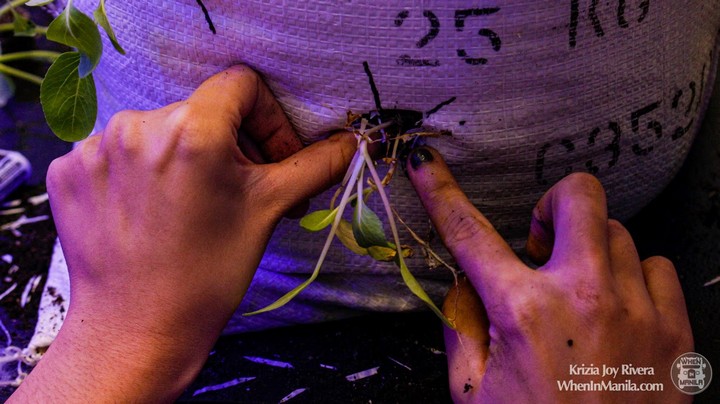
Try growing food in your own backyard. Not only will you be learning a new skill or attaining a new hobby. But by doing so, you’re also finding a way to sustain food for yourself and for your family.
2. Do your research
Research what you can about our local businesses, farmers and fishermen. Educate yourselves about our food systems and about agriculture. Research to help find feasible ways of making our food systems better. Knowledge is power. Research and from there you act with the knowledge that you have.
1 All-in-all, be mindful
Be mindful of where you get your food, and how much food you consume. Never forget that the food on our plates has a big impact on our environment and that the food that we eat always comes from people who do very hard work. We have to start making smarter and better food choices, people!
These are such simple things to do that you could easily practice in your day-to-day life that can make a significant impact on our future. We must make a conscious effort to practice these kinds of things if we still want to be able to provide enough food by 2050. Most of us will still be alive to witness 2050 and I don’t want to live in a future where I can’t sustain myself or my future family. Would you?
WWF (World Wildlife Fund)
www.wwf.org.ph
Facebook: www.facebook.com/WWF.Philippines/
Twitter: @WWF_Philippines
Instagram: @wwfphilippines

